Study Finds Toxic Pollutants in Fish Across the World’s Oceans
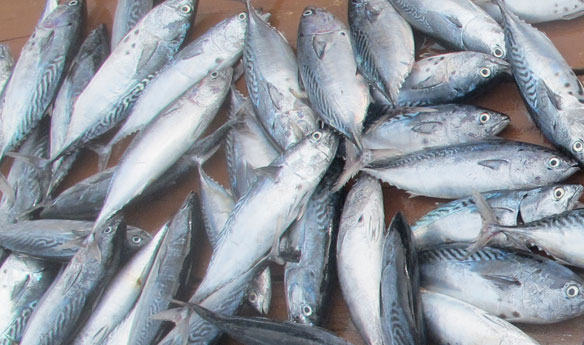
A new global analysis of seafood found that fish populations throughout the world’s oceans are contaminated with industrial and agricultural pollutants, collectively known as persistent organic pollutants (POPs). The study also uncovered some good news¾concentrations of these pollutants have been consistently dropping over the last 30 years.
Red mud pollution: outrage in Marseille
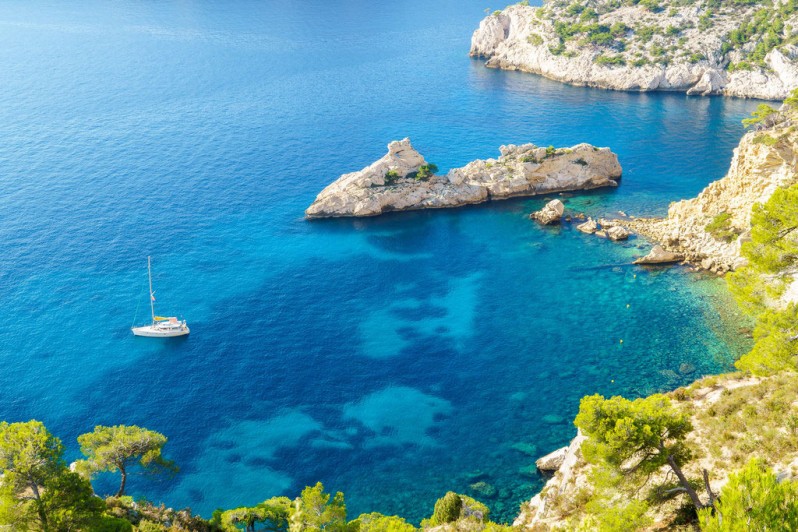
Thousands of people marched in Marseille’s street today to protest against “the red mud scandal”, where Altéo industry, specialized in the industrial production of aluminum, has been granted the right to continue rejecting its hazardous waste product into the marine environment of the Calanques National Park.
NOAA-led research identifies areas of global ocean most vulnerable to ocean acidification
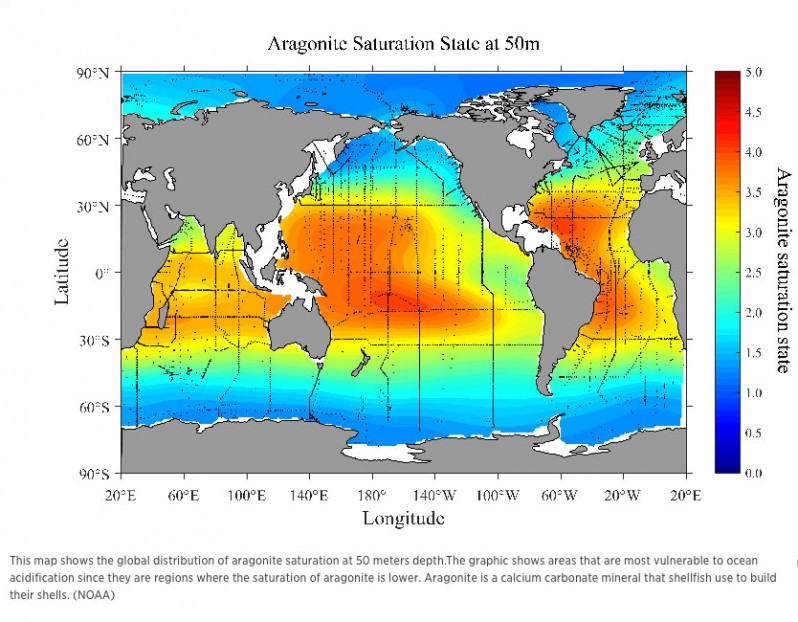
Ocean acidification is caused by humankind’s release of carbon dioxide emissions to the atmosphere. Excess carbon dioxide enters the ocean, reacts with water, decreases ocean pH and lowers carbonate ion concentrations, making waters more corrosive to marine species
Ocean current in Gulf of Mexico linked to red tide, study

A major ocean current in the Gulf of Mexico plays an important role in sustaining Florida red tide blooms, a new study indicates. Researchers suggest that the position of the Loop Current can serve as an indicator of whether the algal bloom will be sustained, and provide warning of possible hazardous red tide conditions in coastal areas.
Thousands of Pink Plastic Detergent Bottles Wash Up on British Beach
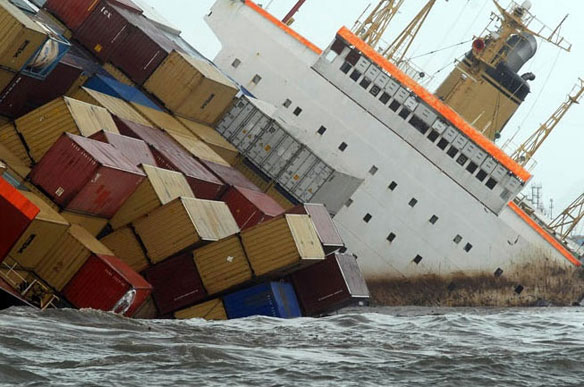
On the same shores where nautical-themed Lego pieces wash up daily, thousands of neon-pink bottles full of detergent have started littering the beaches of Cornwall, England. The bottles are believed to be from a container that fell off a cargo ship as a result of stormy seas.
BHP dam disaster coats Brazil’s pristine beaches

New Year’s is one of the most-important holidays for Brazilians, as many flee the big cities and crowd the shoreline. After the collapse, in November, of a dam holding back mining waste, 50 million metric tons of sludge is spreading now off the coast between Rio de Janeiro and Bahia states, turning the pristine blue waters brown along an expected 30 miles of beaches.
New research sheds light on mercury pollution in estuaries, food chain
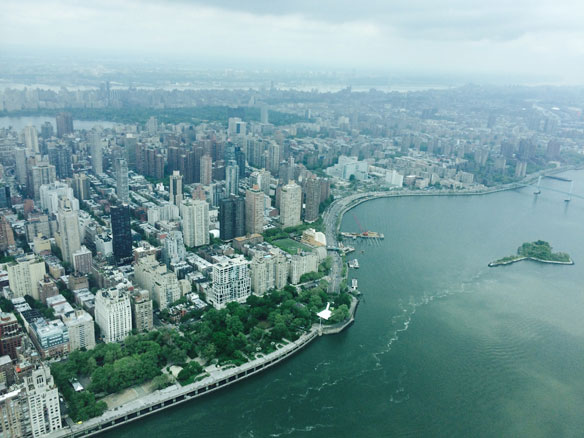
Mercury, which is transformed into methylmercury in water, is a global pollutant that damages human health. Most people are exposed to mercury by eating fish, particularly from open ocean and coastal fisheries. Estuaries act as a repository for methylmercury, storing toxic particulates in both the sediment and water column.
Coral reefs could be more vulnerable to coastal development than predicted
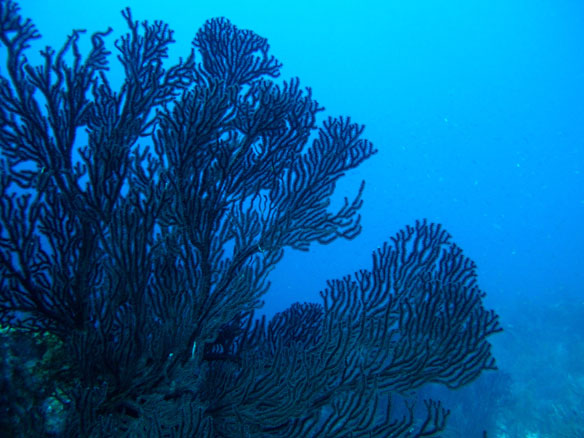
For years, many scientists thought we had a secret weapon to protect coral reefs from nutrients flushed into the seas by human activity. But a new study sheds doubt on that idea, underscoring the importance of sustainable growth in coastal areas.
Mud From Brazil Dam Burst Is Toxic, UN Experts Say
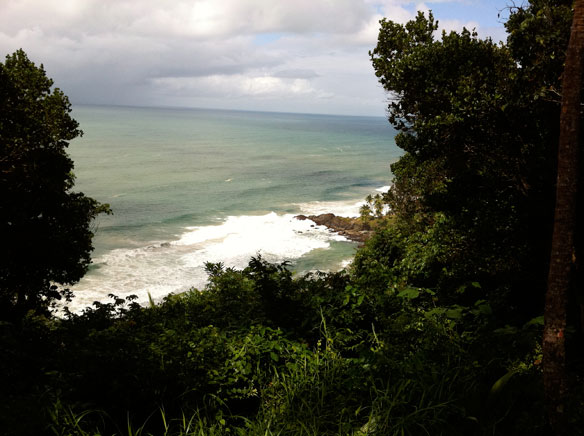
The scale of the environmental damage is the equivalent of 20,000 Olympic swimming pools of toxic mud waste contaminating the soil, rivers and water system of an area covering over 850 kilometers.
